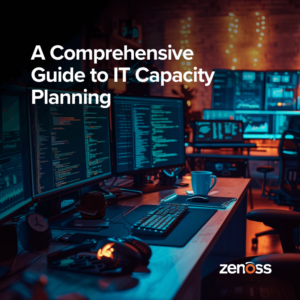About a year ago I wrote a case study for Processor Magazine about Preston Kelly, a small Minneapolis-based ad agency that needed to expand its online traffic at least a thousand-fold (if not more) for a 20-to-30 minute period during the Christmas holidays for its annual "White Elephant" online charity game. Preston Kelly's clients would steal and re-steal various gag gifts in the hopes of winning a Wii Fit or an iPod Touch (this was a few years ago) and somehow virtual cans of food would turn into cash to feed the hungry.
I'm still not sure how the game worked (lots of clicking on various gift images, while others did the same thing simultaneously), but I was struck at how much traditional hosting would have charged to handle the traffic. Ten thousand dollars. Ten grand for 20 servers to be provisioned to handle minutes of traffic. At the time, it blew my mind.
Of course, the story ended happily (really, what case study doesn't?). Preston Kelly found a cloud provider that could automatically provision its servers to handle the sudden surge in traffic without any lag and then deprovision them the moment the game was over. And this cloud provider did it for a fraction of a fraction (of a fraction) of what traditional hosting providers had been quoting.
For my part, I take automatic provisioning for granted. If I go to Facebook, and I can't upload my photos instantly, it feels wrong. But an IT analyst I've known over the years, Jonathan Eunice of Illuminata reminded me that automatic provisioning has been a key design component for the last half-decade or so.
"Prior to 2005, the old data center mentality was once you put an application in place, you didn't touch it or move it unless you had to. That was a matter of policy, expectation and culture for almost all production data centers," Jonathan said.
"But people's attitudes change as their capabilities change. Before air travel was common, people didn't expect to move around with great frequency, but once it became available and reasonably inexpensive, they suddenly had places to go, whether that was visiting Auntie Em or going to the Superbowl..."







